In another episode of “news you probably already knew,” RootMetrics carried out a study to see which carrier had the “best” 4G networks. Best can be defined a number of ways, be it by speed, availability, reliability and more. Fortunately, the 77 or so markets the tests were carried out in took all of that into account, and what they found wasn’t anything we didn’t already know from our own personal experiences (and, well, the claims put out there by the carrier themselves).
AT&T actually came out just slightly ahead of Verizon went it came to LTE speeds, as the GSM-based carrier averaged 18.6 megabits down and 9 megabits up. Ma Bell topped off at a maximum of 57.7 megabits down and 19.6 megabits up. Verizon had slightly slower averages in the download and upload departments with 14.3 megabits and 8.5 megabits respectively, and while Verizon’s top download speed of 49.3 megabits wasn’t enough to beat AT&T, it did enjoy a small win over AT&T in the uploads with 19.7 megabits.
That said, it’s imperative to note the size differences between the two. Verizon has obviously gotten a nice head start as it’s been building its LTE network with aggressive haste since 2010. Of the 77 markets tested, Verizon’s LTE signal could be found in every last one of them, while AT&T enjoyed a respectable 47. This gave Verizon an impressive 93.2% connection rate compared to just 81% for AT&T and 50% for Sprint. Some suggest Verizon might even be able to compete with AT&T if the latter’s network had as much congestion as the former’s, but until they match up in size we can’t say for sure.
Where AT&T didn’t have LTE it still had HSPA+, which — while not nearly as fast as LTE — is a good deal faster than most competing 3G connections (yes, we do still consider HSPA+ to be 3G despite what AT&T’s marketing department would have you believe).
Sprint took third place with its LTE network, as it saw average speeds of 10.3 megabits down and a paltry 4.4 megabits up. Those numbers topped out at 32.7 megabits and 9.9 megabits, respectively, and it was only available in five of the 77 markets. Sprint has been markedly slower than its bigger competitors in rolling out its 4G LTE network, but at least rollouts haven’t come to a complete standstill like they did when WiMax was still Sprint’s forte.
And then there’s T-Mobile, of course, who hasn’t quite launched LTE yet. The signal has gone live in a couple of markets, sure, but there aren’t any devices to take advantage of any of it. Still, its HSPA+ network has been treating customers quite fine as of late and it was able to achieve averages of 7.3 megabits down and 1.5 megabits up in RootMetrics’ testing.
You can check out more of the comprehensive results over at RootMetrics, and let us know if their findings match up to what you’ve noticed in everyday life on these carriers’ networks. Let’s hope by 2013’s end the playing field is a lot more even.

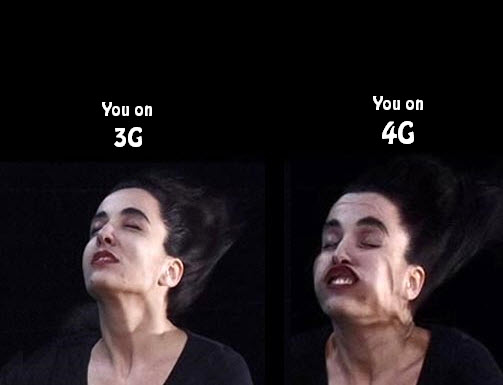

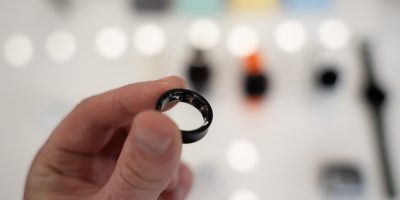
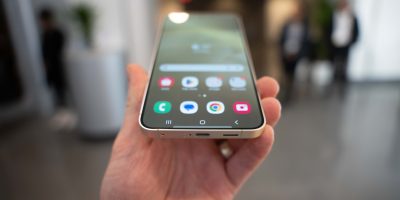
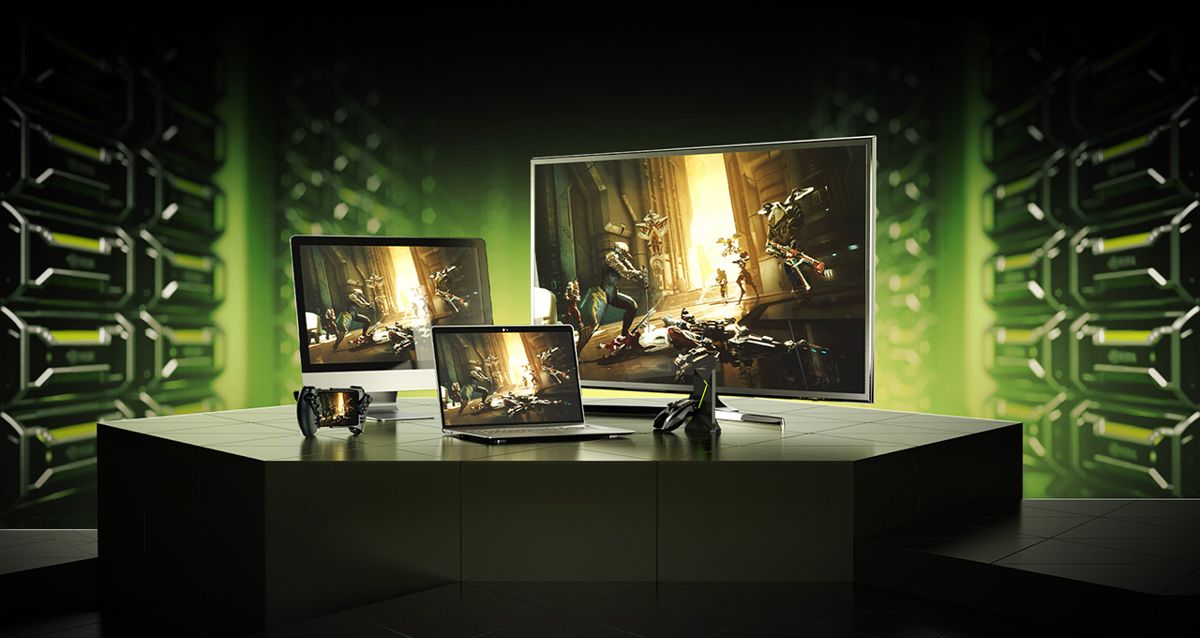

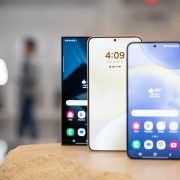
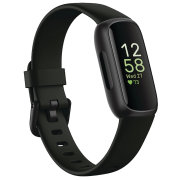
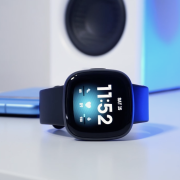

Yay way to go Sprint lol. In reality, Sprint’s LTE speeds, while definitely slower, would be more than enough for my mobile needs….now if only they could light up STL with coverage
i wish this battle of speeds would end. they all are more than fast enough. what matters is the coverage of it.
Again with the HSPA+ knocking….
HSPA+ is a lot closer to LTE than it is to evdo that Verizon and Sprint use for 3G.
If it’s good enough to stream HD video without buffering, it’s 4G.
People can slag off the Nexus 4 and circle jerk over their “LTE-capable phones” (yeah yeah I know I know about LTE in the Nexus 4) but I’m paying $30 for unlimited text/data and 100 minutes. Pay another $15 and I can get unlimited minutes too.
You know that saying “you get what you pay for”? It’s definitely wrong in this example.
I agree with you that 4G HSPA+ generally gets a bad rap. However, I don’t believe Quentyn was knocking it in this case.
the big difference between between HSPA+ and LTE is the ping times, HSPA+ your lucky to get under 400ms where on my note II on rogers in canada i am getting 110ms or less constantly.
In reality tho, Verizon has a overall data foorprint that is probably twice what all the other carriers combined have. You get wjat you pay for.
indeed. and i for one don’t mind paying half the price on SERO.
and in new York city you might feel shafted. they have the best coverage but all of the networks here have good coverage and the LTE (avg about 6-8mbps)is consistently slower than tmobiles hspa (avg 10-12 in my experience
Is Verizon’s network more saturated with LTE devices?
I’m curious when Verizon is going to begin using the AWS 1700 spectrum they got from the cable companies??? More spectrum = more speeds!
Sometime this year or next, they are going to finish or get close to finishing their 700mhz rollout first.
in ny t mo hspa 42 should def be considered 4G i average 14-20 every test
T-Mobile’s HSPA+ in the suburbs of Boston is faster than my Verizon LTE account by 8-10 mb. That is just sick. My DL speeds from T-Mobile are on average 17-24 mb down and 5 mb up. The speeds are even faster after 6:00pm. I can watch Netflix, YouTube videos and anything else without any buffering. Web pages are instant. Call T-Mobile’s network anything you want I just call it fast, very fast. Those fast speeds along with real unlimited data, is one great deal. When LTE lights up we will be in heaven. The towers in my area have the hardware for LTE installed, the tower jockeys for T-Mobile were working on them about 3 weeks ago and they told me that much of the hardware has been installed in many areas, they just have to start lighting them up and testing. Good stuff coming for T-Mobile.
That’s the thing about T-mobile – it’s great when you’re in the city and/or the suburbs, but some of us like to have a cell phone that actually works when you drive far outside of the city limits.
One word that describes at&t. Throttle. For that they suck!
implying we forced you into the mobile share when you upgraded?
oh wait that was verizon?
I’ll take being slightly slower in exchange for almost never losing 4G. Verizon’s coverage really is awesome.